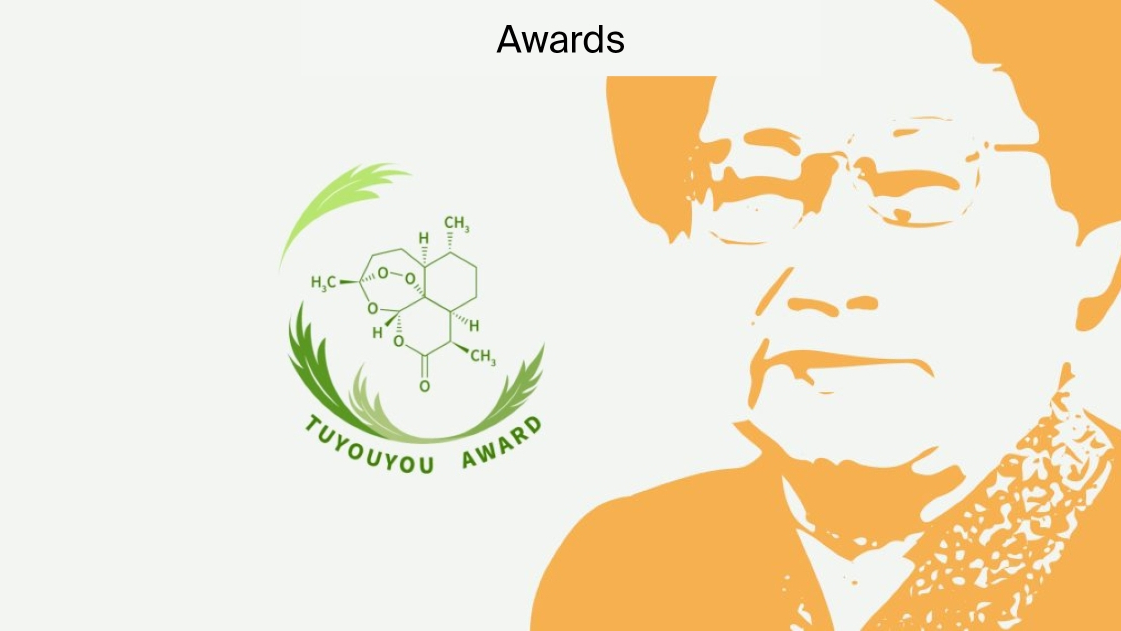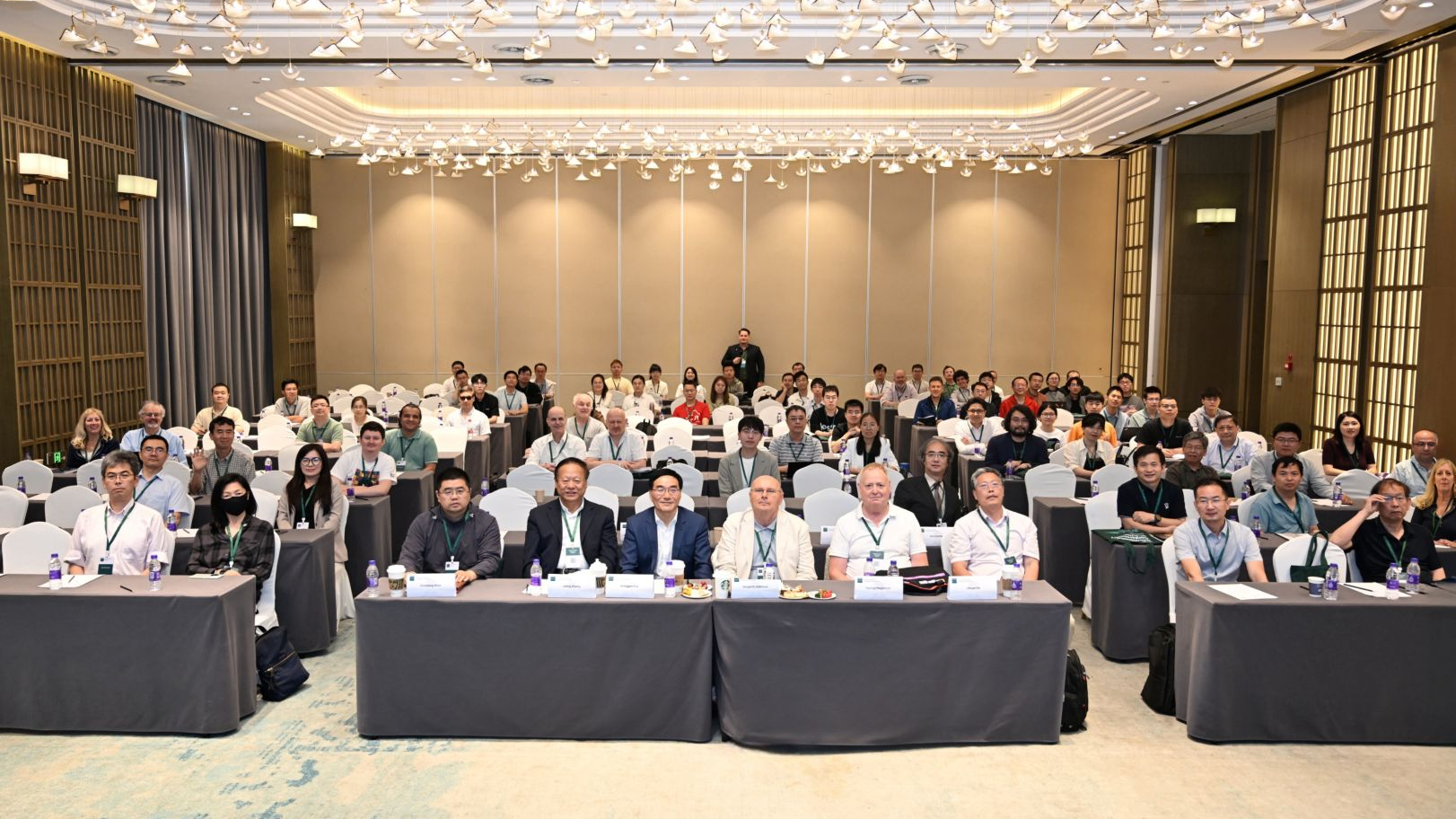
Insights from MDPI Top 5 Picks: October
The most read MDPI articles of October mainly cover nutrition, but also include vaccination and the UN Sustainable Development Goals. Wasabi and strawberry supplementation are offered as means to prevent cognitive aging and decline. Additionally, the replacement of protein foods and refined grains with pulses is examined in the context of maintaining a healthy diet.
Here, we overview these papers and hear from some of the authors about why their work is important.
1. Early Intervention in Cognitive Aging with Strawberry Supplementation
Late-life dementia is becoming increasingly common, yet there remains no effective treatment available.
The consumption of berry fruits, including strawberries, has been shown to influence metabolism as well as cognitive performance. As such, the authors of this study assess their potential to mitigate the risk of dementia.
The results show that strawberry supplementation could reduce dementia risk when introduced in midlife. The authors note that further investigations with longer study durations and larger samples are required to confirm this finding.
2. Chronic Fatigue and Dysautonomia following COVID-19 Vaccination Is Distinguished from Normal Vaccination Response by Altered Blood Markers
“Why should people read our work?
Physicians: Post-acute COVID-19 vaccination syndrome (PACVS)-affected persons suffer from debilitating symptoms of an uncurable disease. In addition, they have to cope with serious social challenges stemming from lack of knowledge and prejudices about that disease. Our discovery of diagnostic markers makes PACVS more tangible in medical terms. Based thereon, physicians will hopefully recognize and properly treat PACVS-affected persons, which is often not the case to date.
Medical scientists: We provide a starting point for clinical research on PACVS. The ultimate goal is a therapy for a hitherto unknown and uncurable disease. Towards this aim, a broader, unbiased analysis of disease-associated biological features (e.g., proteomic blood patterns) in diverse PACVS cohorts could unveil additional disease markers and allow a more nuanced diagnostic. Thereby, the clinical presentation of PACVS could be consolidated (finetuned, differentiated) and a deeper comprehension of the fundamental pathological mechanisms of PACVS can be obtained. Based on such mechanistic knowledge and diagnostic tools, causal therapy concepts can be developed and validated.”
- Quote from authors
3. Examining the Role and Challenges of Sustainable Development Goals for the Universities in the United Arab Emirates
“The article “Examining the Role and Challenges of Sustainable Development Goals for the Universities in the United Arab Emirates” explores the important role that universities in the United Arab Emirates (UAE) play in addressing the Sustainable Development Goals (SDGs).
This article is an important contribution to the research on SDGs because it provides a framework for how university leaders and faculty can address the SDGs by integrating them into their university mission, research agendas, and instructional practices.
The findings of the study show that although universities in the UAE are well-positioned to reach their potential in towards contributing to the SDGs, they face several challenges that need to be addressed, including a lack of full understanding of the SDGs among faculty, lack of financial resources by universities, and a lack of collaboration among universities and faculty.
Although the UAE has expressed its commitment to the SDGs, the challenges facing universities in the UAE will need to be addressed before their potential contributions can be fully realized.”
- Quote from authors
4. Benefits of Wasabi Supplements with 6-MSITC (6-Methylsulfinyl Hexyl Isothiocyanate) on Memory Functioning in Healthy Adults Aged 60 Years and Older: Evidence from a Double-Blinded Randomized Controlled Trial
Cognitive functioning declines with age, which negatively affects daily behaviours. Previously, research has shown that various herbs and spices can have a positive effect on cognition.
The authors of this study investigated the impact of wasabi on cognitive function. Wasabi contains the bioactive compound 6-MSITC (6 methylsulfinyl hexyl isothiocyanate), which is thought to improve cognitive functioning through its anti-inflammatory and antioxidant properties.
This study first demonstrates scientific evidence that 6-MSITC may enhance working memory and episodic memory in older adults. Then, the authors discuss the potential mechanism for improving cognitive functions after 6-MSITC intake.
5. Effect of Adding Pulses to Replace Protein Foods and Refined Grains in Healthy Dietary Patterns
Pulses are dry legume seeds high in fibre containing plant protein and important macronutrients.
The authors of this study aimed to model the nutritional effects of replacing protein foods and/or refined grains with beans and peas. They followed the Healthy U.S.-Style Pattern from the Dietary Guidelines for Americans, 2020–2025. The findings suggest that encouraging increased pulse consumption may be an effective strategy for improving diet quality.
If you want to find out more about any of the studies mentioned in this article, you can read them for free on the MDPI website.










